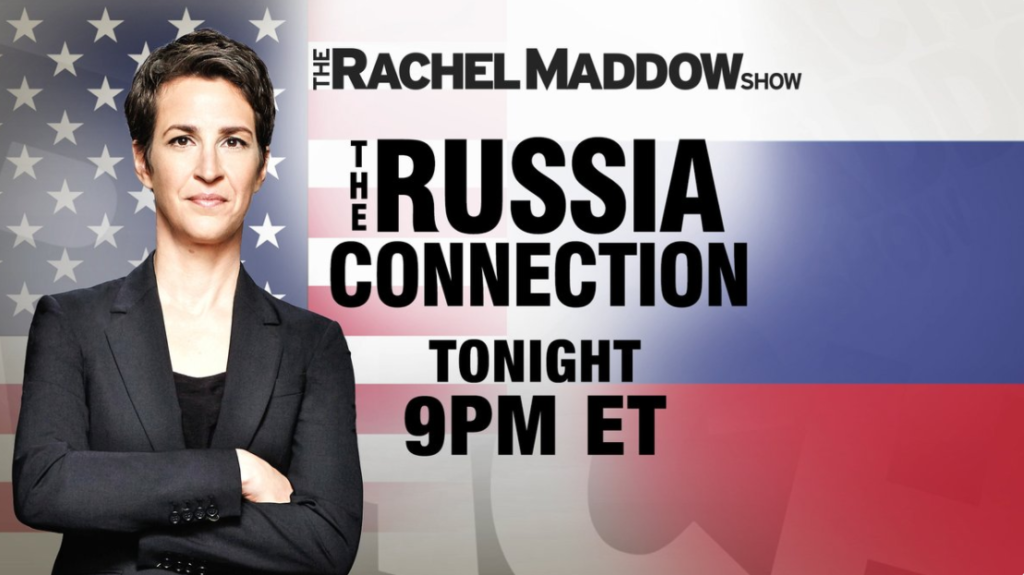BY EOIN HIGGINS
James O’Keefe’s Project Veritas released a heavily edited video on Tuesday that quoted CNN health producer John Bonifield expressing skepticism about his network’s priorities. Despite O’Keefe’s well-deserved reputation for sleaze, liesand deceptive editing, the video does show a continuous shot of Bonifield complaining about his network’s insistence on continually pushing the did-Trump-collude-with-Putin? scandal to the headlines:
Just to give you some context, President Trump pulled out of the climate accords, and for a day and a half we covered the climate accords. And the CEO of CNN [Jeff Zucker] said in our internal meeting, he said, good job everybody covering the climate accords, but we’re done with that, let’s get back to Russia.
Yes, “let’s get back to Russia.” An unsurprising prioritization from the network that neglected to ask a single climate change–related question during the presidential debates in 2016 (FAIR.org, 10/19/16), and couldn’t be bothered to broach the topic with the president in interviews this year (FAIR.org, 6/3/17). By placing the Russia story at the head of reporting about the Trump administration, CNN, MSNBC and other major news outlets have fostered the impression that they view other stories affecting real people’s lives—including climate, healthcare cuts and the travel ban—as being of lesser importance.
A recent Harvard Harris poll found a majority of Americans want the government to concentrate on issues like healthcare and the economy, rather than the endless Russia investigations spawned from the media frenzy. According to The Hill (6/23/17):
Sixty-four percent of voters said the investigations into President Trump and Russia are hurting the country. Fifty-six percent of voters said it’s time for Congress and the media to move on to other issues, compared to 44 percent who said the focus should stay on Russia.
Yet the media spotlight remains concentrated on the scandal at the expense of almost every other story. For many of the large papers and networks, the overarching storyline they are constructing assumes there is an understanding that “the Russians” were responsible for Trump’s victory last November. This storyline survives, even though thus far the closest we’ve gotten to proof was former Director of National Intelligence (and known perjurer) James Clapper’s January report alleging such collusion—a report that spent nearly half its length attacking a five-year-old version of the Russian media company Russia Today.
Perhaps it’s easier for the Democratic establishment to focus its energy on a new Cold War than it is to deal with the reality that Democratic fundraisers are now pushing the Trump agenda forward, as The Intercept‘s Lee Fang (6/23/17) reported recently.
And it helps to defuse the ticking time bomb of accountability for last year’s electoral loss; according to the campaign tell-all Shattered, Hillary Clinton was instructing aides “to make sure [election] narratives were spun the right way” within 24 hours of her concession speech.
The Russia story also shifts activist energy and attention away from the issues that could challenge the interests of the elites who run the networks. Healthcare, tax cuts and net neutrality, for example, are bread-and-butter subjects for the corporate interests that run cable news. It’s easier for journalists to point to a traditional adversary of the United States and decry interference in the democratic process than it is to examine issues where the president and their bosses may be on the same side.

